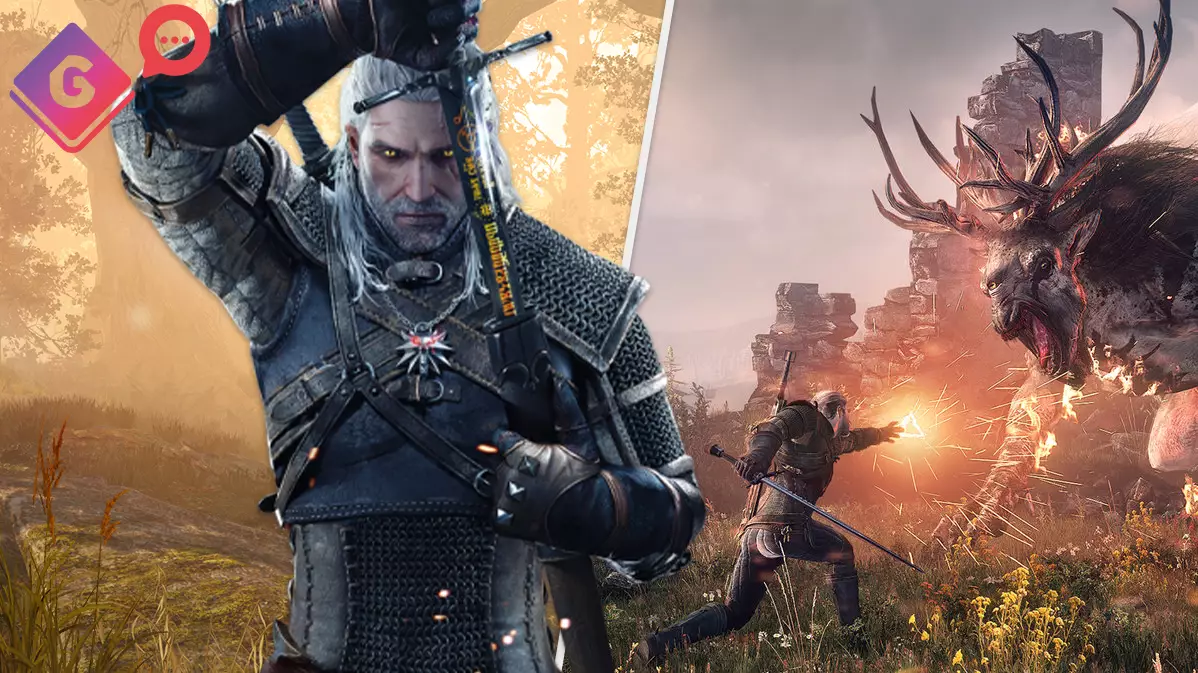
Nearly one year on since the start of the pandemic, and a good few months into our third lockdown, it can be difficult to see the light at the end of the tunnel some days. Personally, my mental health has taken what can only be described as a hefty battering as my thoughts frequently turn to family, friends, and whether or not we'll ever actually get out of this damn mess.
What can we do for ourselves on these days where all hope feels lost and optimism is nothing more than a hazy half-remembered concept? Is there a solution? Some soothing words of wisdom that can make everything better? I decided to ask Doug Cockle - actor, teacher, mental health advocate, and the iconic voice of Geralt Of Rivia in The Witcher video games - for his sage advice.
"I make enchiladas," Doug tells me with a smile. Enchiladas it is, fellas.
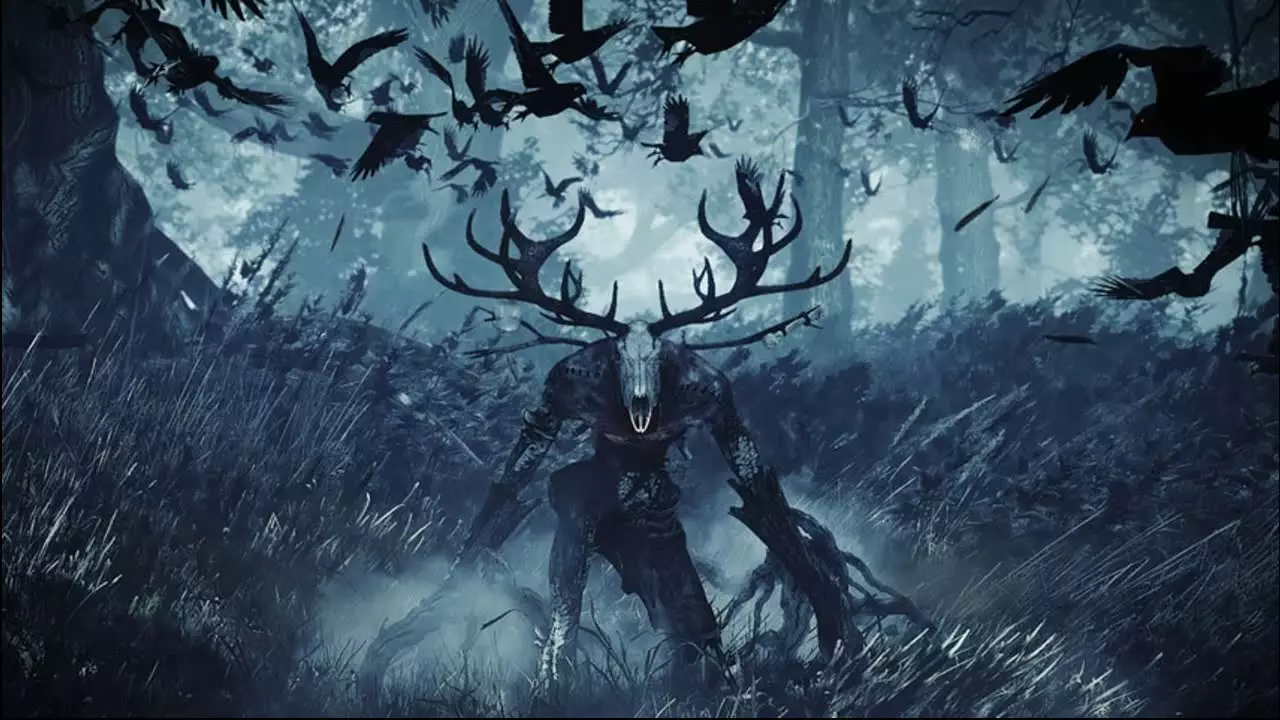
"It's a slightly flippant answer," he admits. "But enchiladas are... comfort eating. That I turned to comfort eating to a certain extent is probably not helpful. But it is what it is. On those kinds of days I also tend to break out the gin and tonic and then watch some old Law & Order. It's kind of a question of whatever seems to be appropriate for the time."
Advert
It's 4pm in early February, and Doug sits at the makeshift desk he put together in his bedroom during the first lockdown. Like so many of us, COVID restrictions on work and travel mean that he's ended up spending the vast majority of time in one or two rooms in his own house through sheer necessity. For Doug, the bedroom has become an area of sleep and work, making that crucial work/life balance all the trickier to nail down.
"My wife's desk is right behind me," Doug explains, gesturing towards the window. "So we sleep in here all night. And then we spend an hour or so downstairs for breakfast and lunch. Then we have dinner, and maybe watch some TV downstairs. And then, you know, all day long, we were up here. So we're in the same room roughly 20 hours a day, and we didn't even realise it. We were like, four or five weeks in and suddenly we just went, 'wow, this is really not good. This is not healthy.'"
Doug's lockdown experience has been what I imagine most of us would recognise as fairly typical - by which I mean it's been incredibly rough, with some truly hard days along the way. He tells me he lost his teaching gig a few months into the pandemic and had to go back to freelancing during a time of unimaginable stress and uncertainty for freelance workers. To make matters worse, his wife's businesses suffered massively, and his son is one of the many young students across the country going through an impossibly awful first year of university.
"I think a lot of it has just been kind of survival, and trying to work out what does work," he explains. For Doug, that involves cooking and comfort eating, the warm familiarity of good television, and getting out to exercise as often as possible - even if that just involves a quick walk around the block. He also plays guitar, enjoys video games with his son (Nidhogg 2, most recently), and typically tries to work towards something productive - to try and help something tangibly good come from this pandemic.
Advert
"I decided to do something constructive with my year, and I applied to Bournemouth University," Doug says. "I live in Bournemouth and I applied to do a Masters of Business Administration degree, so I've been doing that since September. And that's kept me busy and kept me focused on things. Occasionally, it adds to my anxiety levels... but if I didn't have this, if I wasn't constantly having to look to the next deadline, I think my moods would probably shift more dramatically and more frequently. So I set myself this task of doing this MBA. I think that was a conscious effort to make something good come out of this time, something good come out of this last year."
As someone who lives with pretty severe anxiety, I instantly related to Doug's need to be working on... something, to have a goal to focus on that isn't related to vaccines or cases, or some other area that I have no possible means of controlling. That need to take charge and feel the rewards of having done something productive? I totally get that. It is, of course, a double-edged sword. Not every day can yield something productive or what we might perceive as "worthwhile", and that's absolutely okay! It's days like that where Doug might bust out some classic Law & Order and get some Enchiladas on the go, because he's recognised what works for him, even if that might not work every single day.
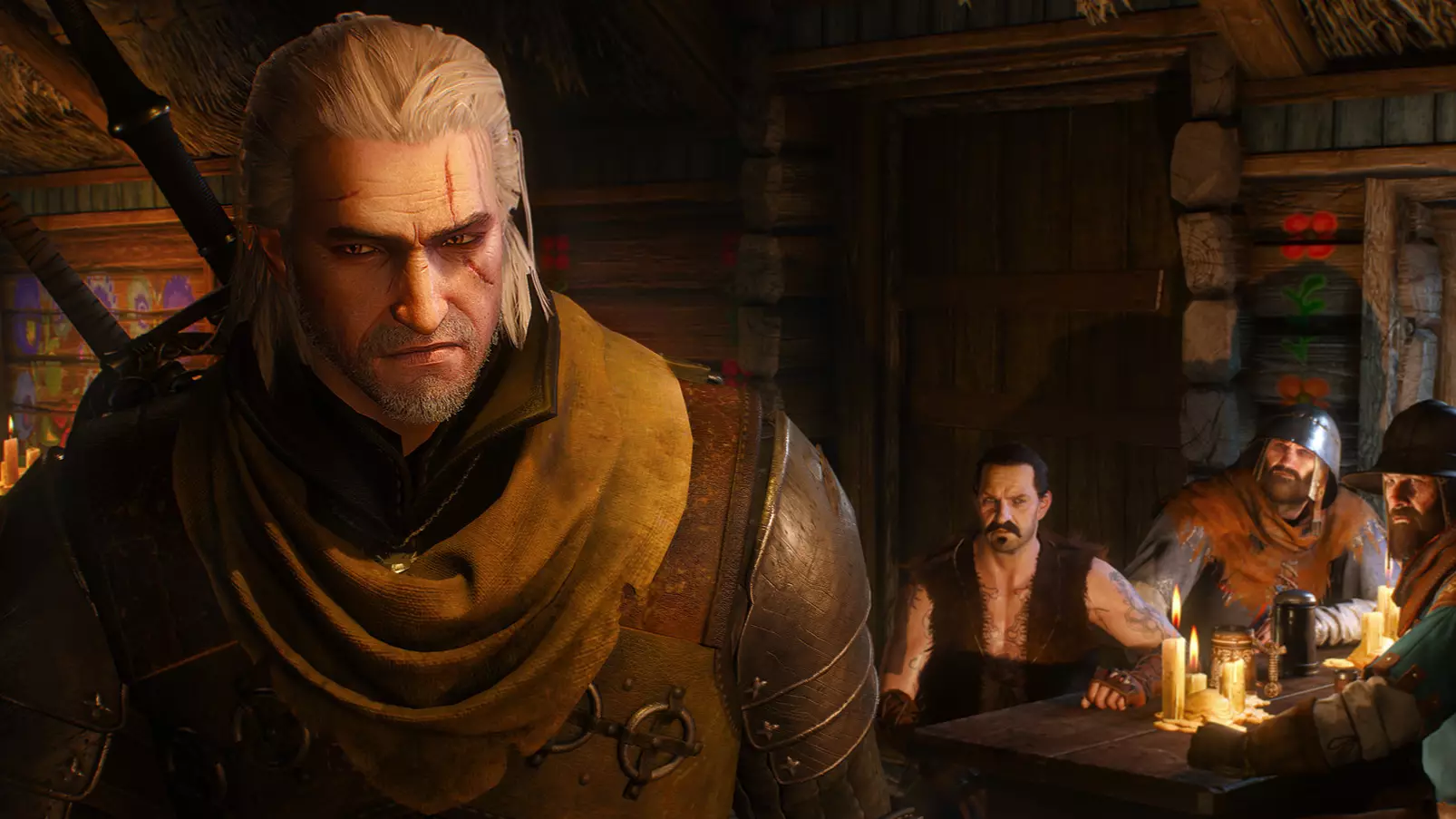
Working out what we can do as individuals to deal with, well, all of this, has arguably never been more important. I'm far from the only person to have had my shaky-at-the-best-of-times mental health put through the wringer several times over the past year because I'm stressed about family, friends, work, and the general state of the world.
Advert
It's a comfort, then, that we are starting to see people talk more openly about mental health, giving one another a helping hand where we can. I tell Doug that I only started Cognitive Behavioral Therapy (CBT) for my anxiety in early 2020, but that it was an incredibly huge help. This isn't something I would ever have considered doing even a few years ago, but the conversation around mental health has come such a long way. There's more to be done though, and for Doug, it all starts with talking.
"I think having conversations like the one that you and I are having now is important," Doug tells me. "Especially for men - not that it isn't important for women. But you know, we all know that men have a harder time opening up, and have a harder time talking about these kinds of things. We tend to turn to bottling it up inside and internalising it. So for men, especially, but for everybody, I think it's about just having the conversation.
"I have my up days, and I have my down days, and sometimes I have several ups and downs during the single day. Some days are absolutely fine! And some days are misery. There have been times when my anxiety was so extreme that I just couldn't move forward. And I've never experienced that before."
So what can we do on those terrible days where we feel like we can't move forward and our usual comforts might not be working? There are all kinds of organisations we can go to and resources we can use, of course, and I'll provide links to several of them at the bottom of this piece. Doug happens to be a patron of one such institution: Safe In Our World.
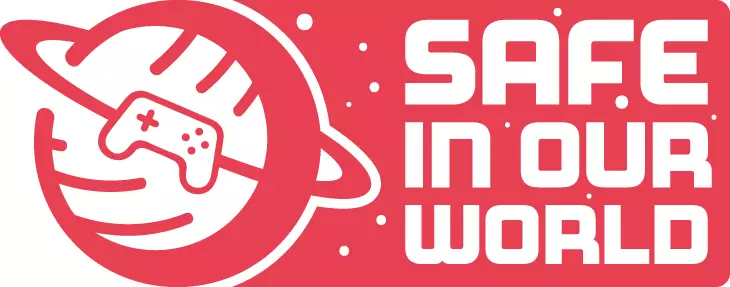
Safe In Our World was founded back in 2019 by gaming industry veterans Gareth Williams, Leo Zullo and Neil Broadhead, with involvement from Aaron Cooper and Al Hibberd, who dreamed of creating a haven for gamers and those who work in the industry. While it was created with gamers and developers in mind, absolutely anybody can go and access the excellent resources offered by the organisation. For Doug, Safe In Our World is truly important because it's not always about simply coming up with your own solution, at least not for everyone.
Advert
"The way the games industry works can exacerbate some of those [existing mental health] issues, quite strongly," he explains. "And the gaming industry isn't alone in that. It's any high-pressure environment that you're working in, where the deadlines might be really hard to meet and the work is extremely challenging. So Safe In Our World was set up, partly, to give those workers some place to go to help them deal with whatever it is that they're dealing with.
"Some of us - a lot of us, really - need to go somewhere else to find the solution. We don't have it within ourselves. So, I think Safe In Our World is a good place to go. There are loads of resources on there. Advice on how to help yourself, advice about where else to go to get help, and they're starting all kinds of wonderful initiatives to try. Even if you're not a gamer, you can go to this website and take advantage of what they're offering."
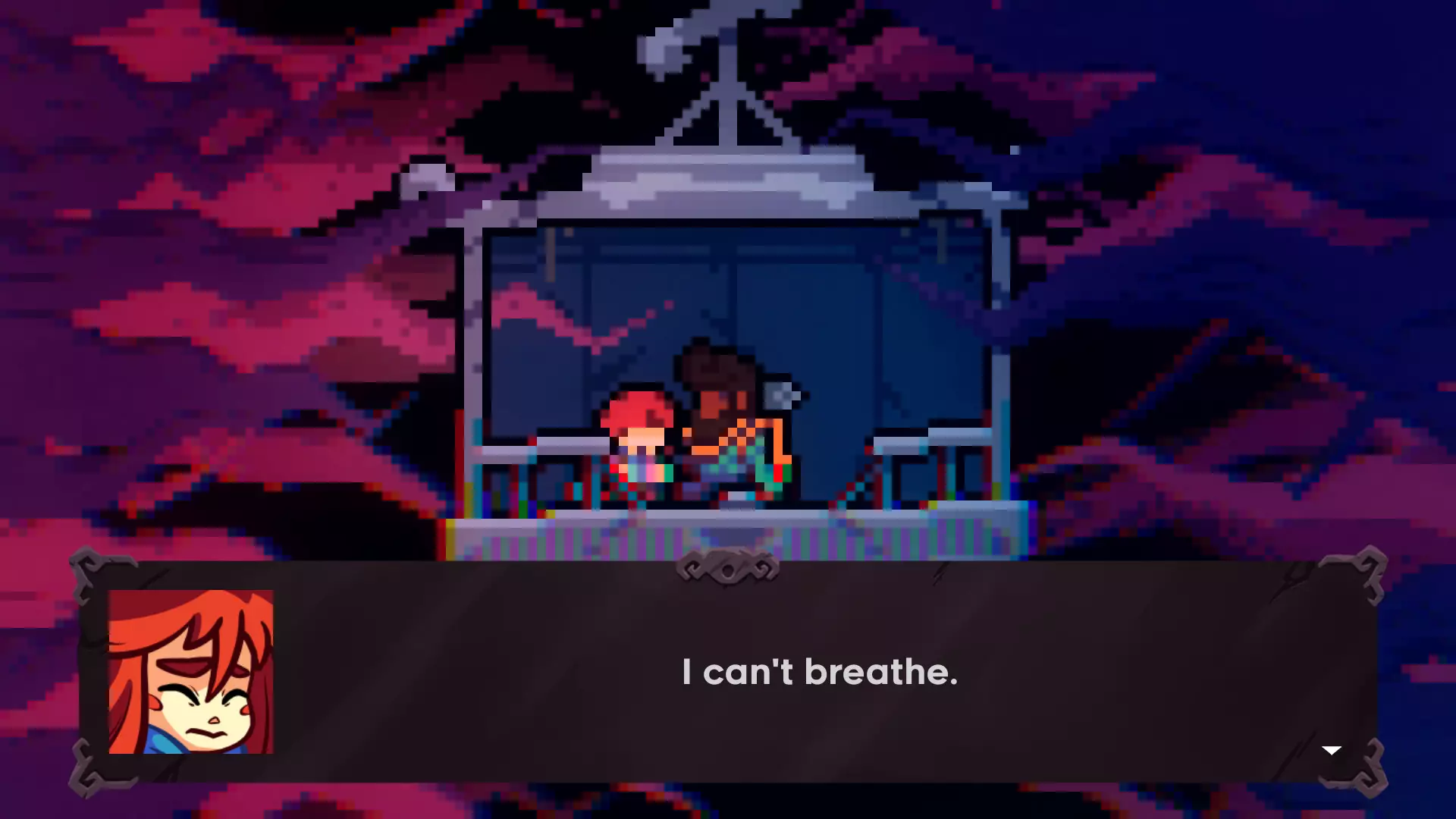
Doug stresses that he also knows gamers need a place to go or resources for when they're struggling, and urges everyone to at least swing by Safe In Our World's website to see if there's anything there that can help them.
Advert
"I know a lot of people in games, and I've been to a lot of conventions and met a lot of gamers and developers," Doug says. "The number of people who are dealing with some kind of mental health issue is just astonishing. I mean, I've had experiences where people have messaged me on social media or I've met them at a convention. And one of the things they often want to tell me is how important playing the Witcher was to their mental health at a time when it was really, really critical. So I know how important games can be to people's effort to take care of themselves. I just try to spread the word."
Trying to spread the word, be kind, and do what we can. That, I think, is the best of any of us can hope for at the moment. Share what works for you, if you feel comfortable doing so. Try and find your own personal enchilada, if you will. It can be whatever you need it to be. Good TV, and great books. Video games, and fresh air and hot baths. Little things to look forward to every day. Things that might not instantly make everything better, but things that, for even a few moments, can remind us that there is still some joy in the world, and that things will be alright in the end. And if things aren't alright? Well, then it's not the end, and there is always someone willing to listen and ready to try and help.
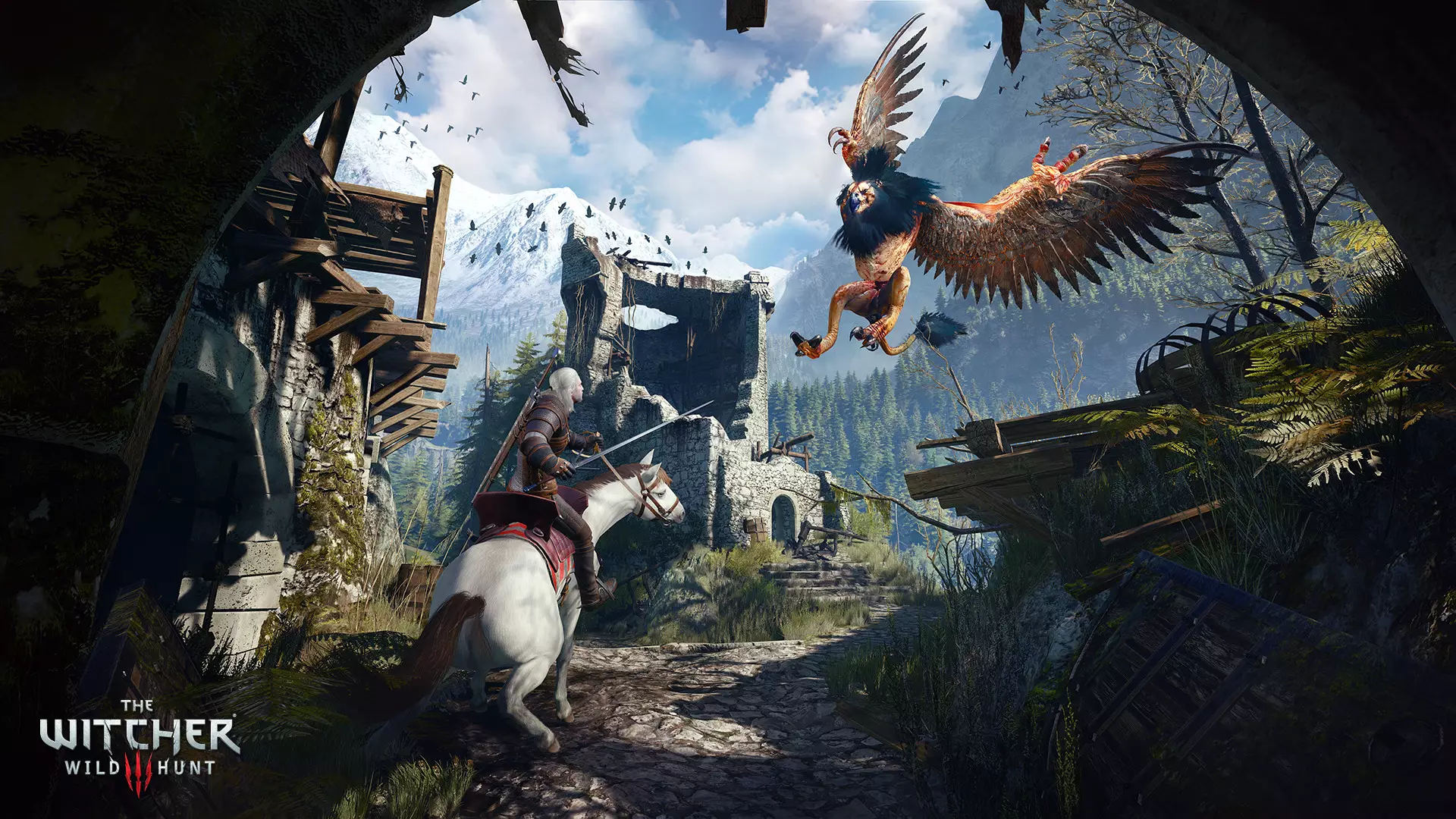
I ask Doug what Geralt Of Rivia himself might say to those of us who are struggling right now. As the man who voiced Geralt for nearly ten years, and will undoubtedly return to the role at some point, there aren't many people who know what the monster hunter would say better than him. He pauses for a second, considering what words of comfort the Witcher might share in this situation.
"Stay on the path," Geralt's gravelly voice advises me over Zoom. "Things are going to get better. I know they're bad now, but they can only get better. So stay on the path - and kill those monsters."
Words to live by, I think.
There are various resources that can help provide mental health support, including MIND, Samaritans, Safe In Our World and CALM:
www.mind.org.uk
0300 123 3393
www.samaritans.org
116 123
https://safeinourworld.org/
https://www.thecalmzone.net/
Topics: The Witcher 3: Wild Hunt, GAMING, News, Mental Health, CD Projekt Red